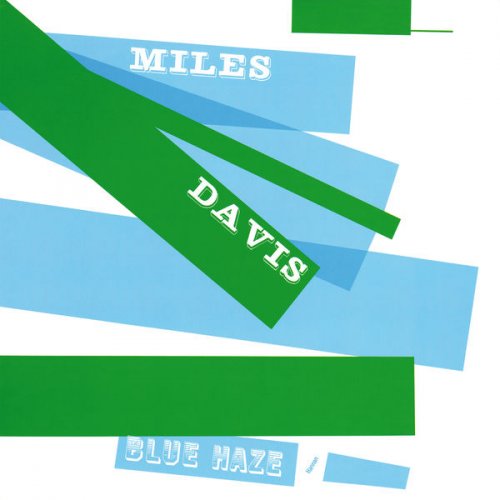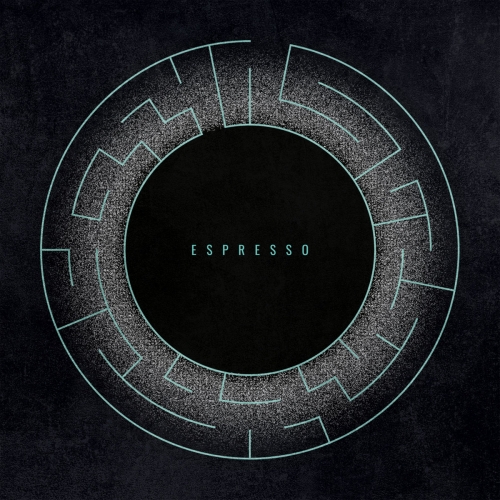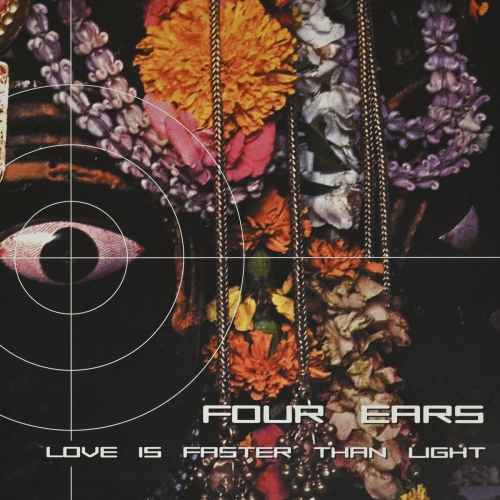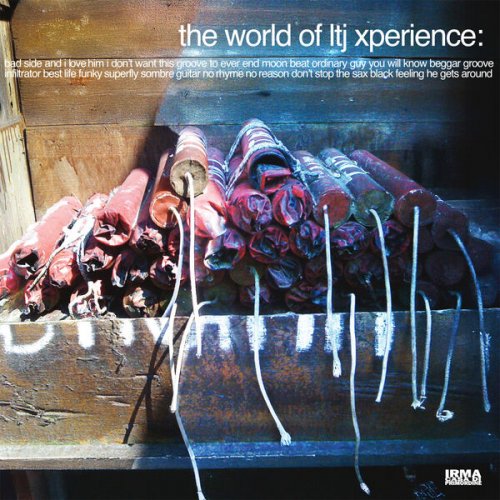Miles Davis - Blue Haze (2016) [Hi-Res]

Artist: Miles Davis
Title: Blue Haze
Year Of Release: 1954 / 2016
Label: Concord Records
Genre: Jazz
Quality: FLAC (tracks, booklet) [192kHz/24bit]
Total Time: 36:38 min
Total Size: 759 MB
WebSite: Album Preview
Tracklist:Title: Blue Haze
Year Of Release: 1954 / 2016
Label: Concord Records
Genre: Jazz
Quality: FLAC (tracks, booklet) [192kHz/24bit]
Total Time: 36:38 min
Total Size: 759 MB
WebSite: Album Preview
01. I'll Remember April (7:55)
02. Four In One (4:04)
03. Old Devil Moon (3:25)
04. Smooch (3:08)
05. Blue Haze (6:13)
06. When Lights Are Low (3:29)
07. Tune Up (3:56)
08. Miles Ahead (4:28)
Blue Haze documents two Prestige sessions from May 1953 and March 1954 (plus "I'll Remember April," with altoist Davey Schildkraut, from the April 3, 1954 session that yielded half of Walkin'). During this time, a resurgent Miles Davis began to zero in on his own style and sound, taking significant steps away from the rhythmic and harmonic devices of his mentor Dizzy Gillespie. Paralleling his recorded work for Blue Note, Davis was also working with some of the greatest rhythm players in the history of jazz. Blue Haze finds Davis the lone featured horn. "When Lights Are Low" is one of Benny Carter's most famous melodies, and the song-like cadences suit the ripe, chipper tone of Davis' horn. John Lewis' Monk-ish chords signal the sprightly head to "Tune Up," as Percy Heath and Max Roach groove manfully along. "Miles Ahead" is derived from Davis' earlier "Milestones" (neither of which should be confused with subsequent titles and tunes for Columbia). Davis' loping solo illustrates his leisurely ease in constructing a melody, but his dancing eights with Roach illuminate what fires simmer beneath the surface. Cut by cut, this set documents the trumpeter's search for his ideal rhythm mates. Thanks to Heath, Art Blakey, and especially Horace Silver, Davis here sounds far more relaxed, swinging, and rhythmically complex on his famous melody "Four." Their interplay on "Old Devil Moon" is a study in give and take, tension and release. And aroused as he is by Heath's booming blues beat, Blakey's ghostly sizzle cymbal, and Silver's taut accompaniment, Davis turns the title tune into as expressive a film noir blues as you're likely to hear this side of Raymond Chandler. -- Rovi Staff
![Herbie Harper - Herbie Harper (Remastered 2014) (2026) [Hi-Res] Herbie Harper - Herbie Harper (Remastered 2014) (2026) [Hi-Res]](https://www.dibpic.com/uploads/posts/2026-02/1770856116_cover.jpg)







![Gregory Lewis - Organ Monk Going Home (2023) {Hi-Res] Gregory Lewis - Organ Monk Going Home (2023) {Hi-Res]](https://www.dibpic.com/uploads/posts/2023-08/1691090719_cover.jpg)